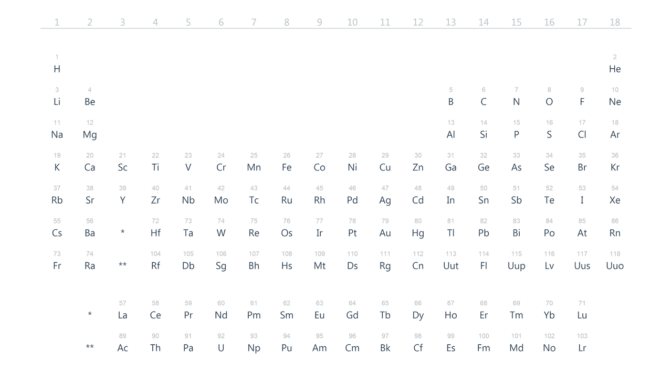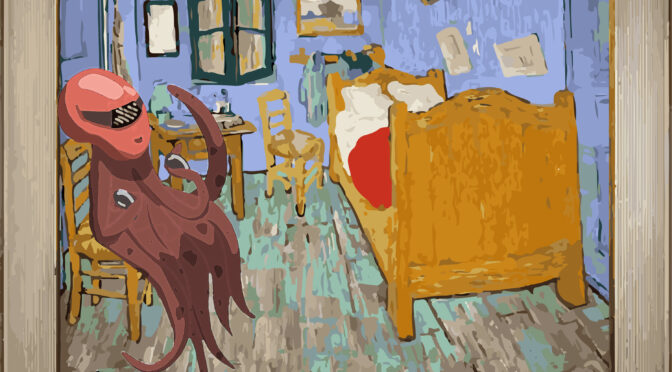An excerpt from the novel.
The best thing about undergrad labs is that the fume hoods are just for show. Under ideal circumstances, any chemical of any significant volatility or toxicity should be dispensed and handled in these ventilated plexiglass cabinets. The brilliance of a fume hood is that no matter how skin-meltingly eye-wateringly trachea-burningly reproduction-preventingly carcino-/muta-genically toxic a given chemical is, it’s safe for even an undergrad with questionable fine motor skills to manipulate fearlessly in a hood, the chemical, because the complex HVAC assembly1 housed in the ceiling above the hood constantly pulls air in from the room and across the offending chemical, picking up fumes as it goes, the air, and whisks them through a series of tubes2 straight up to the roof of the CoC3 tower where they disperse into the atmosphere to be forgotten, the fumes, until some day in the (hopefully very) distant future. But undergrad chemistry labs are entirely unlike undergrad physics lectures.4 No, in the undergrad lab, the empty fume hoods drone dumbly in the corner, while students bustle around making off-color but mostly on-topic jokes,5 poking each other with Pasteur pipettes and slopping volatiles across bench tops like skim milk across dining hall tables. Which, the combined effect of the underutilized hoods and the cavalier use of what really are alarming amounts of acetone and dichloromethane is that working in the undergrad organic chem lab just past the elevators down the absurdly long CoC hallway is exactly like working in a perfume department at the mall if the mall were a Brutalist interpretation of a Cro-Magnon skull and if perfumes were stupor-inducing ethers and noxious aldehydes. So like I said, working in the undergrad lab is exactly like working in a perfume department at the mall, and it smells great, too. Continue reading Most Excellent Fancy

